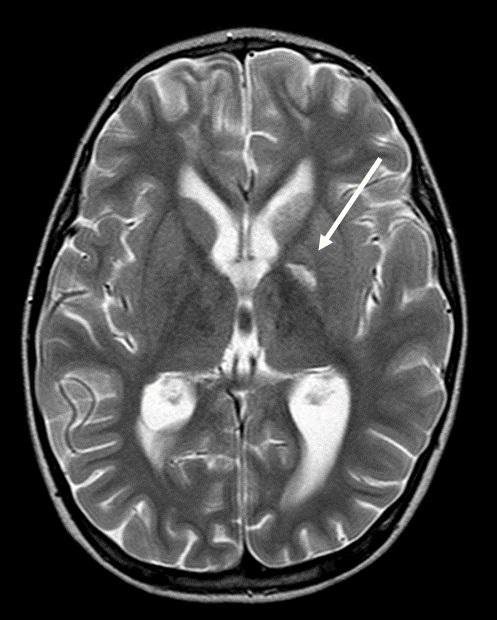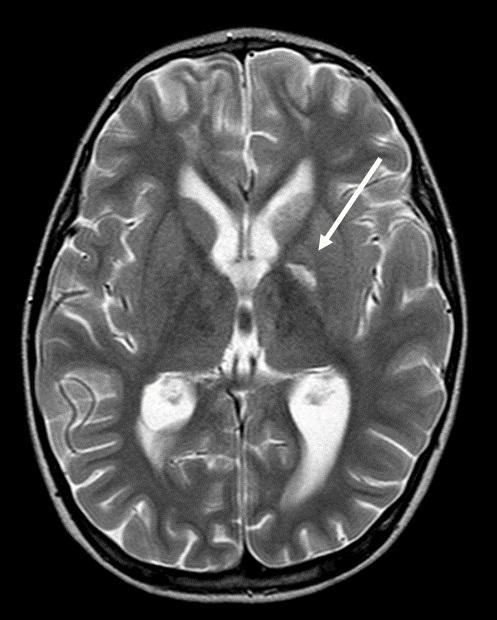
Credit: Ursula Rohlwink
Children with tuberculosis meningitis – a brain and spinal cord infection that leads to disability and death — have a biological fingerprint that can be used to assess the severity of the condition, help decide the best course of treatment, and provide clues for novel treatments, scientists at the Francis Crick Institute, Imperial College London and the University of Cape Town reveal.
By comparing the blood and spinal cord fluid of 44 children with tuberculosis meningitis (TBM) and 20 patients with other spinal cord disorders, the team identified a set of biological markers elevated in TBM. The most common markers indicate damage of neurons and neuron-supporting cells, and their presence in the bloodstream and spinal cord can help to determine disease progression. The research, funded by Wellcome, is published in the journal of Clinical Infectious Diseases.
In the study, the children that developed severe disabilities or died from TBM had the highest levels of these biological markers, and the levels increased over time, suggesting that this information could be used to help predict disease outcome.
"This is the first time that anyone has found a set of biological markers for TBM," says Robert Wilkinson, Group Leader at the Crick and Imperial College London, and Director of the Wellcome Centre for Infectious Diseases Research in Africa at the University of Cape Town.
TBM is caused by a bacterium known as Mycobacterium tuberculosis. Infection normally begins in the lungs as TB and can spread to the brain and spinal cord, causing swelling and restricting blood flow. Several thousand young children die of TBM every year, and many more are left severely disabled.
Whilst the immune response to TBM sets up some of the damage, this new research suggests that markers of ongoing neuronal injury are more predictive of disease severity than markers of immune response.
"In the future, doctors could test their patients for these markers and use them to make better prognoses and decide on the right treatment strategy for the individual," says Robert. "In addition, we have greater knowledge of this historically neglected condition."
The paper 'Biomarkers of cerebral injury and inflammation in pediatric tuberculous meningitis' is published in Clinical Infectious Diseases.
###
Media Contact
Greta Keenan
[email protected]
020-379-65252
@thecrick
http://www.crick.ac.uk
Related Journal Article
http://dx.doi.org/10.1093/cid/cix540
############
Story Source: Materials provided by Scienmag





